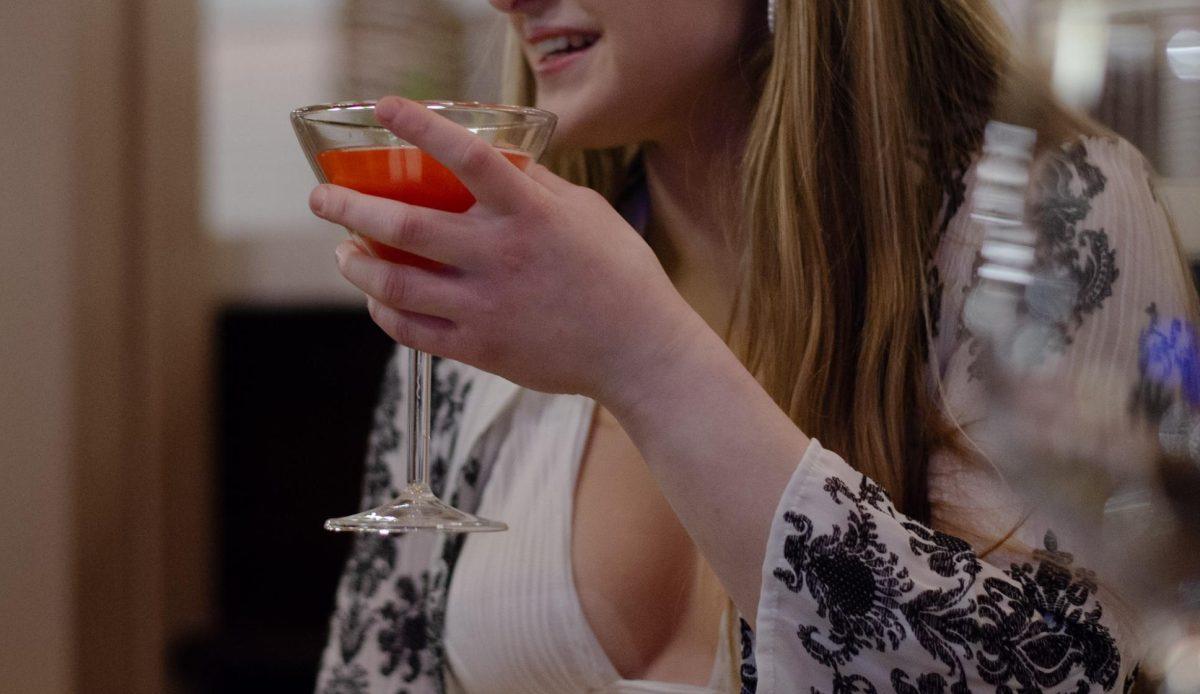There is a problem with the modern interpretations of “health and wellness” in the United States. Some of this is not new. There is still a very real obesity epidemic. In the U.S., almost 13 million children ages 2-19 and more than 78 million adults are considered obese, according to the Center for Disease Control. But obesity is only one of the problems.
Yes, there is a huge problem with obesity in America. There is also a huge problem with extreme disordered eating. According to the National Eating Disorder Association, 20 million women and 10 million men suffered from disordered eating in 2011. A recent study found that 25 percent of elementary school aged girls diet regularly — girls who have not finished growing, whose bodies have not yet settled.
America isn’t just becoming polarized in terms of weight or weight perception. The socioeconomic side of food is just as bad. In low-income, rural areas, there are what are called “food deserts,” areas where healthy food is difficult to afford and difficult (or even impossible) to access. At the same time, companies like Sakara Life Organic offer pre-made, perfectly planned, nutritious meals delivered to the East Coast — for only $410 per week. “Health and wellness” is seemingly only accessible to the affluent.
Along with this polarized relationship, there has been a huge growth in accessible media on health and wellness, most of which is directed to college students and young adults. Anyone on a social media site — from Pinterest to Instagram and everywhere in between — is bombarded with workouts to tone this or that muscle and tips on how to lose weight the “healthy” way. How to be fit, why you should or shouldn’t juice, why bread is the devil … Bloggers everywhere are spouting “facts” on how to be healthy without a degree to back them up.
It becomes an obsession. Can I afford to be healthy? McDonald’s is a dollar, chips are a dollar but a ‘healthy’ meal with 10 different superfood powders is $15. With the emergence of health blogs and health-obsessed news feeds, we suddenly have to study labels like textbooks for “hidden sugars” or fats. For every one source celebrating the new miracle ingredient, 10 others are writing about how it will ruin your waistline or cause some form of rare cancer.
Stop and think about it: How much time do you spend thinking about food? About your weight? About how much you spend and whether you get any enjoyment out of it? I recently found out about a form of disordered eating called “orthorexia nervosa,” an eating disorder described as a “fixation on healthy eating.” This is health to the point where it becomes unhealthy, restricting and obsessive.
I’ve thought about some sugary carb for far longer than it took to digest it. Two years ago I tracked calories so precisely that I congratulated myself when I didn’t exceed 1200 — 100 calories less than recommended for a sedentary female. On the other hand, I’ve eaten myself sick when taken out to dinner because I didn’t have to worry about paying. I’m not alone in these experiences, not based on statistics, but based on my friends’ experiences.
How do we, as a culture, find that middle ground? How do we stop obsessing about food and exercise while making health accessible to everyone? How do I stop guilting myself for what I do or do not eat? How do we stop people from spending $400 on the perfect meal plan and start sharing that wealth in the parts of the U.S. classified as impoverished? For every Instagram of a perfectly toned body, there is undoubtedly a person who cannot eat that day and yet another who cannot convince themselves to eat.
I don’t have a solution. I can’t afford a “juice cleanse,” but I have never felt as though healthy food was completely inaccessible. Maybe there isn’t a solution, but at the very least there needs to be a conversation. If our idea of health and wellness is in itself sick, what exactly is the cure?




















